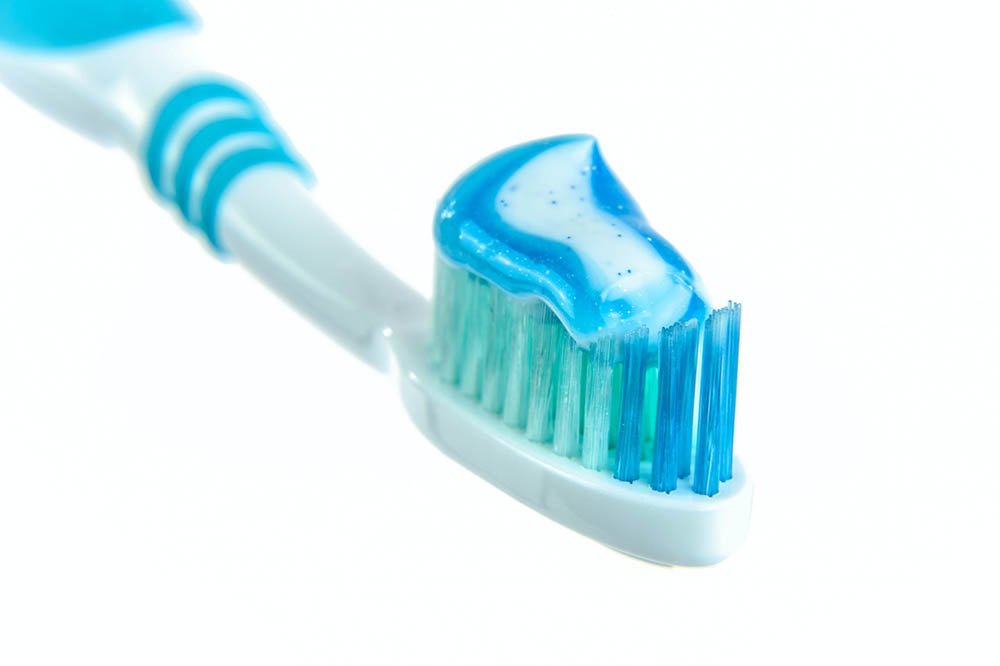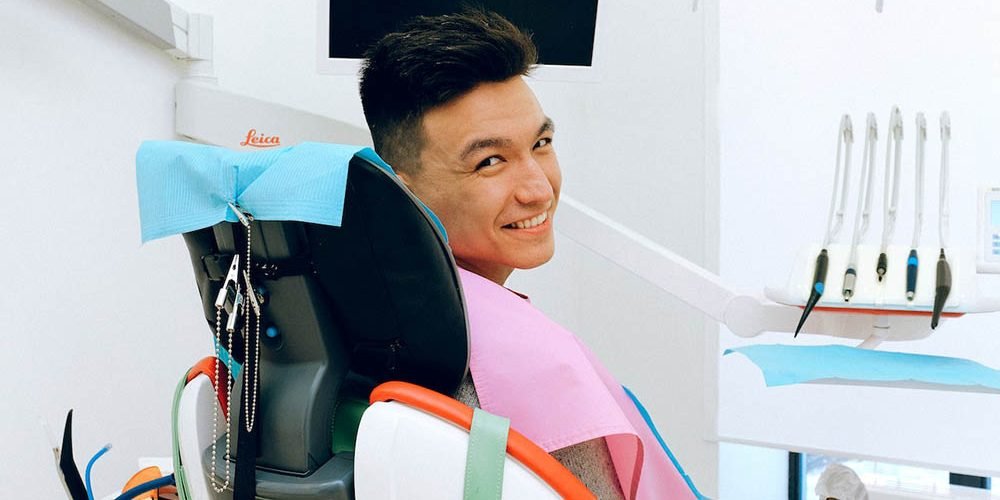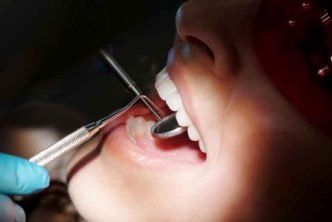After tooth loss, dental implants enable you to regain normal oral function and restore your smile. Modern implants look and feel like natural teeth, enabling you to smile and consume with assurance. They are an exceptional option for anyone who has lost a tooth due to decay, trauma, or periodontal disease.
However, dental implants require proper maintenance. It is essential to learn how to sanitize your implants to preserve their longevity and appearance. Failure to maintain dental implants can result in a variety of complications. If you neglect your oral hygiene, inflammation, discomfort, pain, bone loss, and diseases such as peri-implantitis are all possible outcomes.
Follow these nine essential measures for a healthy smile and dental implants that last a lifetime.
Table of Contents
Use a toothbrush with soft bristles.
Always avoid toothbrushes with coarse bristles. They can damage tooth enamel and are especially detrimental to dental implants. Hard-bristled toothbrushes easily scratch and damage your dental implants.
Therefore, using only toothbrushes with soft bristles is essential after Etobicoke dental implants. Look instead for a flexible nylon brush! These have soft and delicate bristles that will not harm your dental implants.
Avoid abrasive toothpaste

Any form of abrasion can cause implant injury. Choose a specialty low-abrasive toothpaste as a result. Normal toothpaste is typically very abrasive to remove plaque and stains, but excessive abrasion wears down enamel and dental implants.
Floss every day
Food particles and plaque that accumulate between the teeth and cannot be removed by brushing alone must be removed by flossing. If you have dental implants, floss is more crucial than ever. Plaque can easily accumulate around implants, which is detrimental to oral health. It is essential to transition to floss that is safe for implants. Daily flossing with unwaxed tape or another implant-specific floss is required. This dentist who does teeth whitening in Chandler AZ also recommends using interdental brushes.
Maintain proper oral hygiene
After dental implants from Beamsville, you should continue brushing twice daily. Remember to use nonabrasive products to preserve the longevity of your implants. Must-haves include a toothbrush with gentle bristles, sensitive toothpaste, alcohol-free mouthwash, and implant-specific floss. Avoid intensely flavoured products as they can weaken or damage dental implants.
Avoid foods that are firm, hot, or sticky
Hard foods can damage or ruin implants, so you should avoid them. Similarly, sticky foods can adhere to dental implants and facilitate plaque formation. Avoid eating ice, firm candies, hardshell tacos, potato chips, carrots, apples, crusty bread, caramel, dried fruits, and steak if you have dental implants. Additionally, heated water (or hot foods such as soups) can distort the shape of your implants.
Restrict alcohol intake
The elevated sugar content of alcohol promotes tooth decay in healthy teeth. Nevertheless, alcohol is also detrimental to dental implants. Alcohol can accelerate plaque accumulation and slow healing following dental implant surgery. It is especially important to refrain from alcohol during the six months following dental implant surgery.
Give up smoking
If you choose to smoke, you put yourself at higher risk for health problems like tooth decay or cancer. The healing process for dental implants is significantly slowed by smoking. In addition, it irritates and weakens the tissues surrounding the implant. Additionally, smoking will discolour your new implants.
See your doctor routinely
Find a dentist near me, and get a visit at least twice a year helps control plaque and tartar development and allows you to detect developing problems in their earliest stages. Once you’ve got dental implants, dental appointments prove that everything functions effectively. Your dentist will examine the implants to ensure no indications of peri-implantitis or injury.
Get a mouthguard if you pulverize your teeth.
Bruxism, or teeth clenching, can harm both natural and dental implants irreparably. The excessive force exerts intense pressure on your implants, which may have long-lasting consequences. If your dentist diagnoses you with bruxism, you should protect your teeth with a custom mouthguard.





